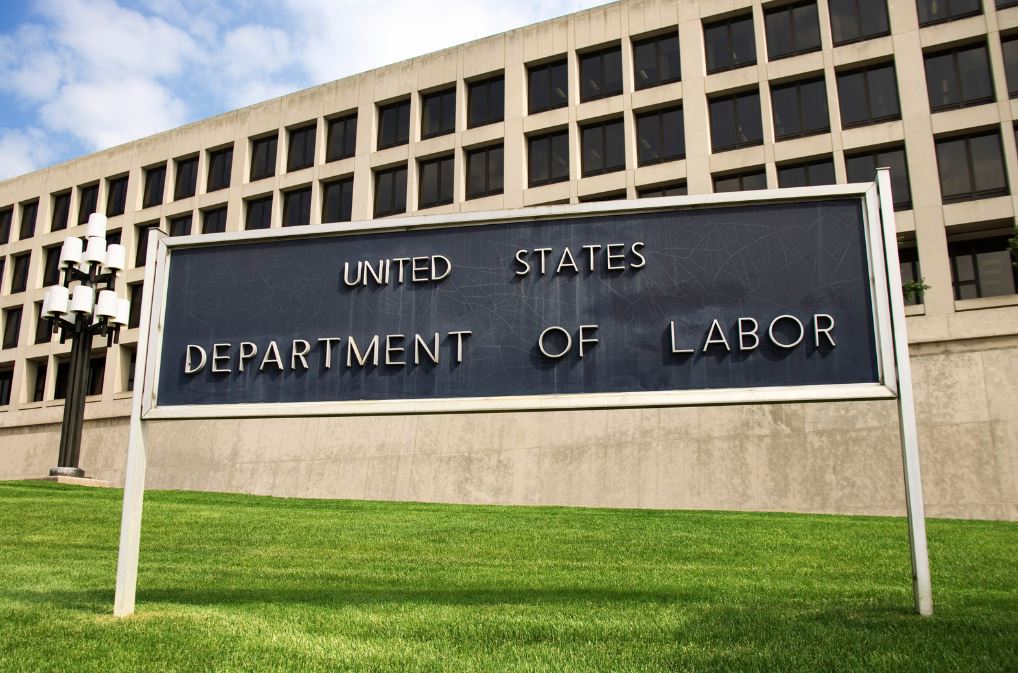Department of Labor Issues Final Regulations on Tip Sharing
In its latest rule on tip sharing, the DOL clarifies whether managers and supervisors can receive or share tips. The rule also broadens the penalties for employers who violate federal tip-pooling laws. Read more to make sure you're in compliance.
On Sept. 24, 2021, the U.S. Department of Labor issued final regulations on tip sharing and employer penalties. The regulations became effective on Nov. 23, 2021.
Under the Fair Labor Standards Act, employers with tipped workers can take a "tip credit," which allows them to pay tipped workers less than the federal minimum wage if the employees' tips make up the difference.
Employers who do not take the tip credit and pay the full minimum wage can require tipped workers (e.g., servers) to share or pool their tips with nontipped workers (e.g., dishwashers and cooks).
Employers, including managers and supervisors, are prohibited from receiving or keeping any portion of employees' tips, regardless of whether the employer takes the tip credit.
The final rule also clarifies the position of managers and supervisors who receive tips directly from customers.
The DOL's position
Per the new final rule, managers and supervisors can keep tips they receive from customers for services they "directly and solely" provide. In addition, managers and supervisors cannot receive tips from tip-pooling arrangements, but they can contribute a portion of their tips to such arrangements. In fact, the employer can require managers to make this contribution.
For example, managers who directly and solely serve customers during their shifts can receive tips directly from those customers. The managers can contribute those tips to the restaurant's tip-pooling arrangement, but they cannot receive any tips from the tip pool.
The final rule explains that a "manager or supervisor" is a person who meets the duties test under 29 CFR Section 541.100(a)(2)-4 or Section 541.101.
Employer penalties
Based on the new final rule, the DOL can impose penalties of up to $1,162 per violation on employers who violate the FLSA's tip provisions, regardless of whether the violations are repeated or willful.
According to the law firm Fisher & Phillips, "This is significant as DOL civil money penalties as to minimum wage and overtime violations are limited to repeated or willful conduct by an employer."
For repeated or willful violations, the DOL can assess a penalty of up to $2,074 per violation.
Key takeaways
- Managers and supervisors can keep the tips they receive from customers, based on service that they "directly and solely" provide. They can share those tips via the employer's tip-pooling arrangement, but they cannot receive tips from the tip pool.
- Employers can face civil money penalties for violating the FLSA's tip-pooling provisions, even if the offense is not repeated or willful.
Don't forget to consult state law, as some states have their own tip-pooling requirements that differ from federal law.







Reply a Comment